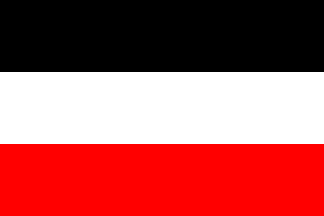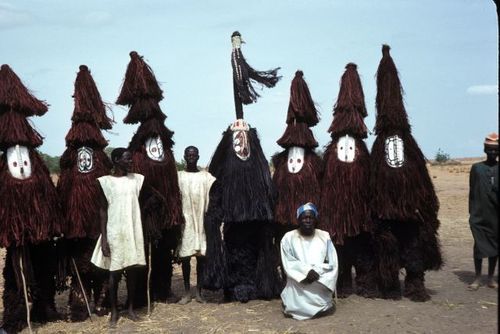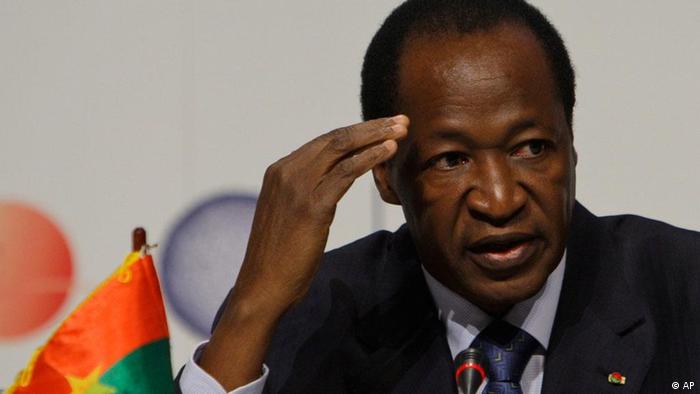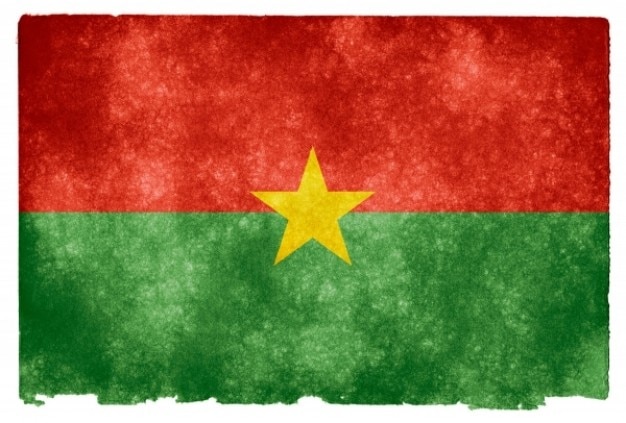<= 67. Senegal 69. Benin =>
1. Upper Volta
Burkina Faso was known as Upper Volta until the year 1984, when the name and flag of the country were changed. Upper Volta became Burkina Faso, "The country of honest people". The country is located along the Volta River, which flows to the Atlantic Ocean. The river branches into Black Volta (Mouhoun), White Volta (Nakambe) and Red Volta (Nazinon) in Burkina Faso, that's why their previous flag had black, white and red before they changed into a Pan-African style flag with red, green and yellow colors.
 |
| Upper Volta flag 1959-1984 |
| Burkina Faso map |
2. Mossi people
The Mossi people are the biggest ethnic group in Burkina Faso. They moved to the area in 11th century from Central and East Africa. In the 1300s the Mossi people founded a flourishing kingdom with Ouagadougou as their capital. In the 1600s the Mossi Kingdom lost areas to the surrounding kingdoms of Mali and Songhai. The Mossi king was still in power in Burkina Faso before the French conquered Ouagadougou in 1897 and attached it as part of the French West Africa.
 |
| Mossi people with masks |
3. French Colony
France ruled Burkina Faso as their colony from 1897 and it lasted until the year 1960. Burkina Faso had already fought for freedom during the colonial times, for example in 1915-1916 during the First World War when people fought against the colonial powers. The uprising was suppressed by the French. In 1958 France granted Burkina Faso autonomy and finally independence in 1960. During the independence Burkina Faso has seen many coups and military leaders.
 |
| French West Africa |
4. Coups
Since the beginning of independence, Burkina Faso has seen many military coups with authoritarian and corrupted governments. The exception was between 1983-1987 when Thomas Sankara rose in power and tried to improve the conditions in this one of the poorest countries in the world. Sankara's government started revolutionary programs like mass-vaccinations, infrastructure improvements, expansion of women's rights, anti-desertification projects and many more from nationalizing companies and getting rid of corruption.
Sankara's attempt to reform the society ended in 1987, when he was assassinated in a military coup. Sankara's long-time colleague Blaise Compaore took the power and ruled 27 years until 2014, when he had to resign after demonstrations. In September 2015, the military seized the power and declared themselves the new national government. The unstable political situation remains a problem in Burkina Faso.
Since the beginning of independence, Burkina Faso has seen many military coups with authoritarian and corrupted governments. The exception was between 1983-1987 when Thomas Sankara rose in power and tried to improve the conditions in this one of the poorest countries in the world. Sankara's government started revolutionary programs like mass-vaccinations, infrastructure improvements, expansion of women's rights, anti-desertification projects and many more from nationalizing companies and getting rid of corruption.
Sankara's attempt to reform the society ended in 1987, when he was assassinated in a military coup. Sankara's long-time colleague Blaise Compaore took the power and ruled 27 years until 2014, when he had to resign after demonstrations. In September 2015, the military seized the power and declared themselves the new national government. The unstable political situation remains a problem in Burkina Faso.
 |
| Blaise Compaore, president of Burkina Faso between 1987-2014 |
5. Over 60 languages
It's estimated that 69 languages are spoken in Burkina Faso of which about 60 are indigenous. French is the official language and used mainly in administration, political and judicial institutions, public services and the press.
Here are some other commonly spoken languages in Burkina Faso:
Mossi - spoken by about 40% of the population
Gurunsi languages - comprises 20 languages spoken by the Gurunsi people
Mande languages - for example Dyula, Bobo, Samo and Marka languages
Fula - widespread in the north
Gourmanché - spoken in the east
Bissa language - spoken in the south
It's estimated that 69 languages are spoken in Burkina Faso of which about 60 are indigenous. French is the official language and used mainly in administration, political and judicial institutions, public services and the press.
Here are some other commonly spoken languages in Burkina Faso:
Mossi - spoken by about 40% of the population
Gurunsi languages - comprises 20 languages spoken by the Gurunsi people
Mande languages - for example Dyula, Bobo, Samo and Marka languages
Fula - widespread in the north
Gourmanché - spoken in the east
Bissa language - spoken in the south
Timeline
1000s The Mossi people move to Burkina Faso from Central and East Africa
1300s The Mossi people establish a flourishing kingdom with Ouagadougou as their capital
1600s The Mossi Kingdom shrunk as the surrounding Mali and Songhai Kingdoms grew
1897 The French conquer Ouagadougou from the Mossi people and attach Burkina Faso as part of the French West Africa
1915-1916 Volta-Ban war against the colonial rulers during the World War
1947 France separates Burkina Faso as the province of Upper Volta
1958 Upper Volta obtains autonomy
1960 Upper Volta becomes independent
1966 A coup by Sangoule Lamizana after which soldiers have ruled the country
1984 Upper Volta changed name to Burkina Faso
1985 Malian troops invade the mineral rich Agacher strip, after 5 days the disputed area is split into two
1987 Thomas Sankara is assassinated as Blaise Compaore seizes the power
1991 Compaore is elected the president in elections which was boycotted by the majority of people
1300s The Mossi people establish a flourishing kingdom with Ouagadougou as their capital
1600s The Mossi Kingdom shrunk as the surrounding Mali and Songhai Kingdoms grew
1897 The French conquer Ouagadougou from the Mossi people and attach Burkina Faso as part of the French West Africa
1915-1916 Volta-Ban war against the colonial rulers during the World War
1947 France separates Burkina Faso as the province of Upper Volta
1958 Upper Volta obtains autonomy
1960 Upper Volta becomes independent
1966 A coup by Sangoule Lamizana after which soldiers have ruled the country
1984 Upper Volta changed name to Burkina Faso
1985 Malian troops invade the mineral rich Agacher strip, after 5 days the disputed area is split into two
1987 Thomas Sankara is assassinated as Blaise Compaore seizes the power
1991 Compaore is elected the president in elections which was boycotted by the majority of people
Sources:
https://en.wikipedia.org/wiki/Burkina_Faso
"Maailman maat liput ja historia" by Kimmo Kiljunen
https://en.wikipedia.org/wiki/Burkina_Faso
"Maailman maat liput ja historia" by Kimmo Kiljunen




No comments:
Post a Comment